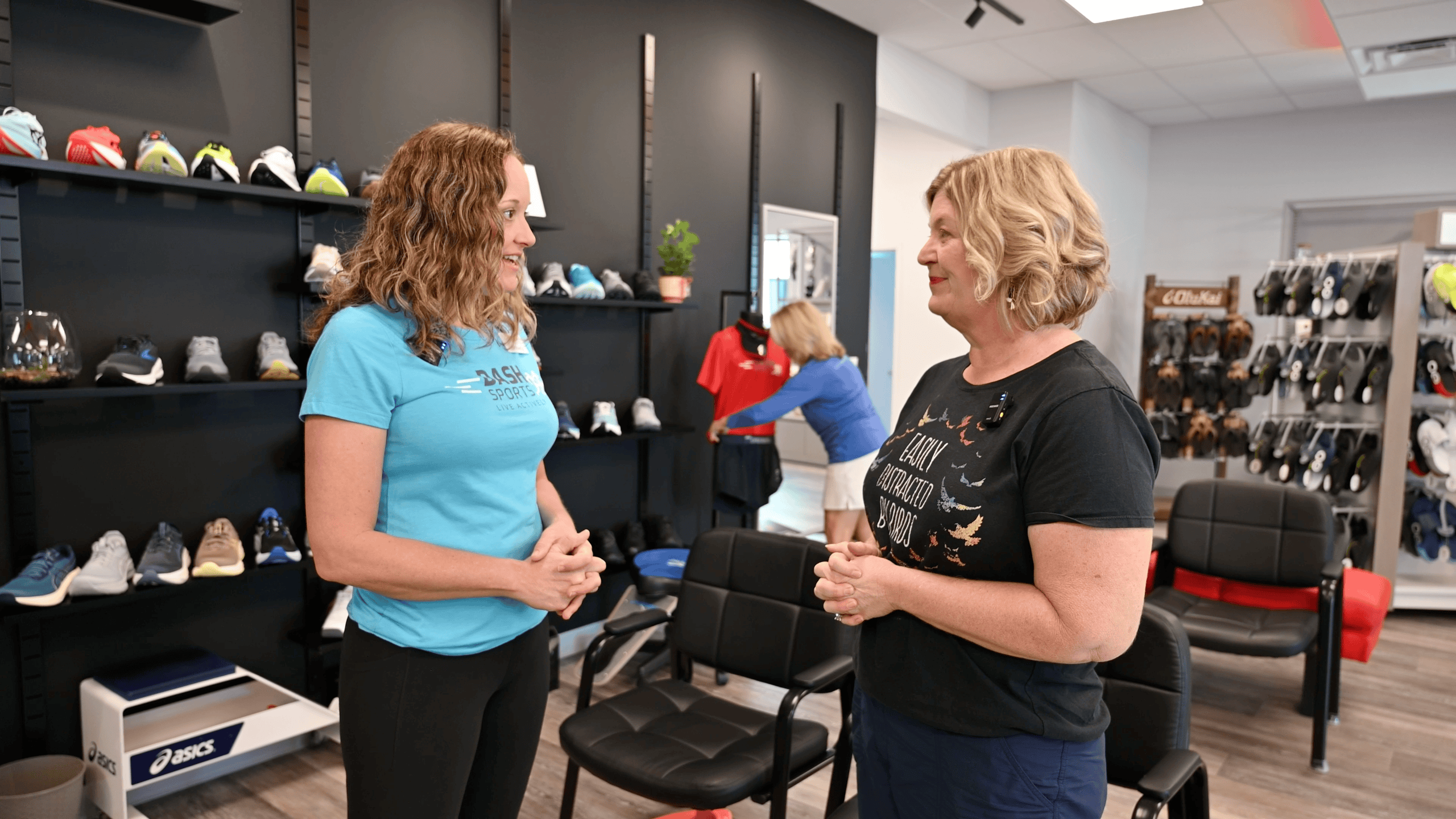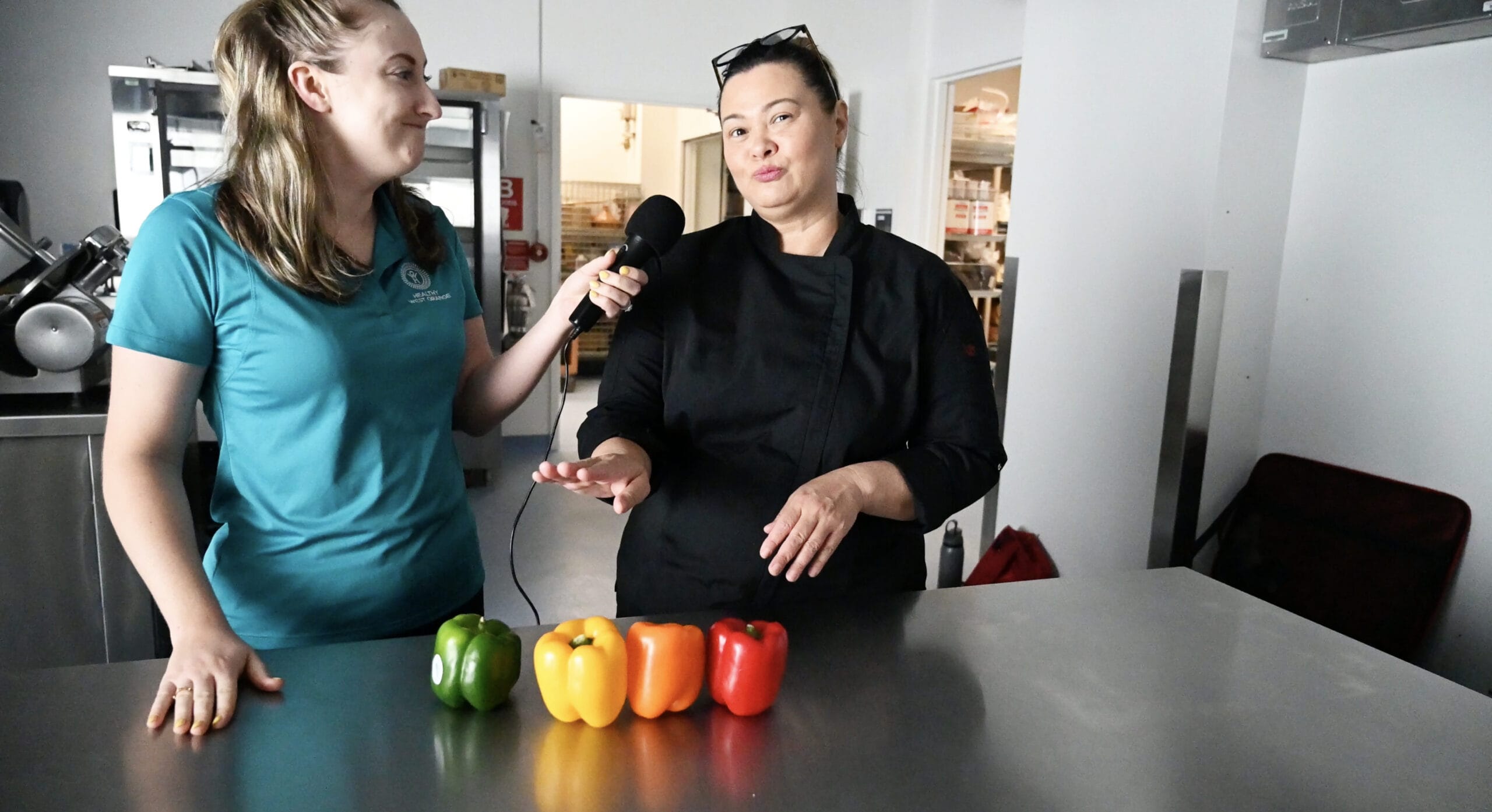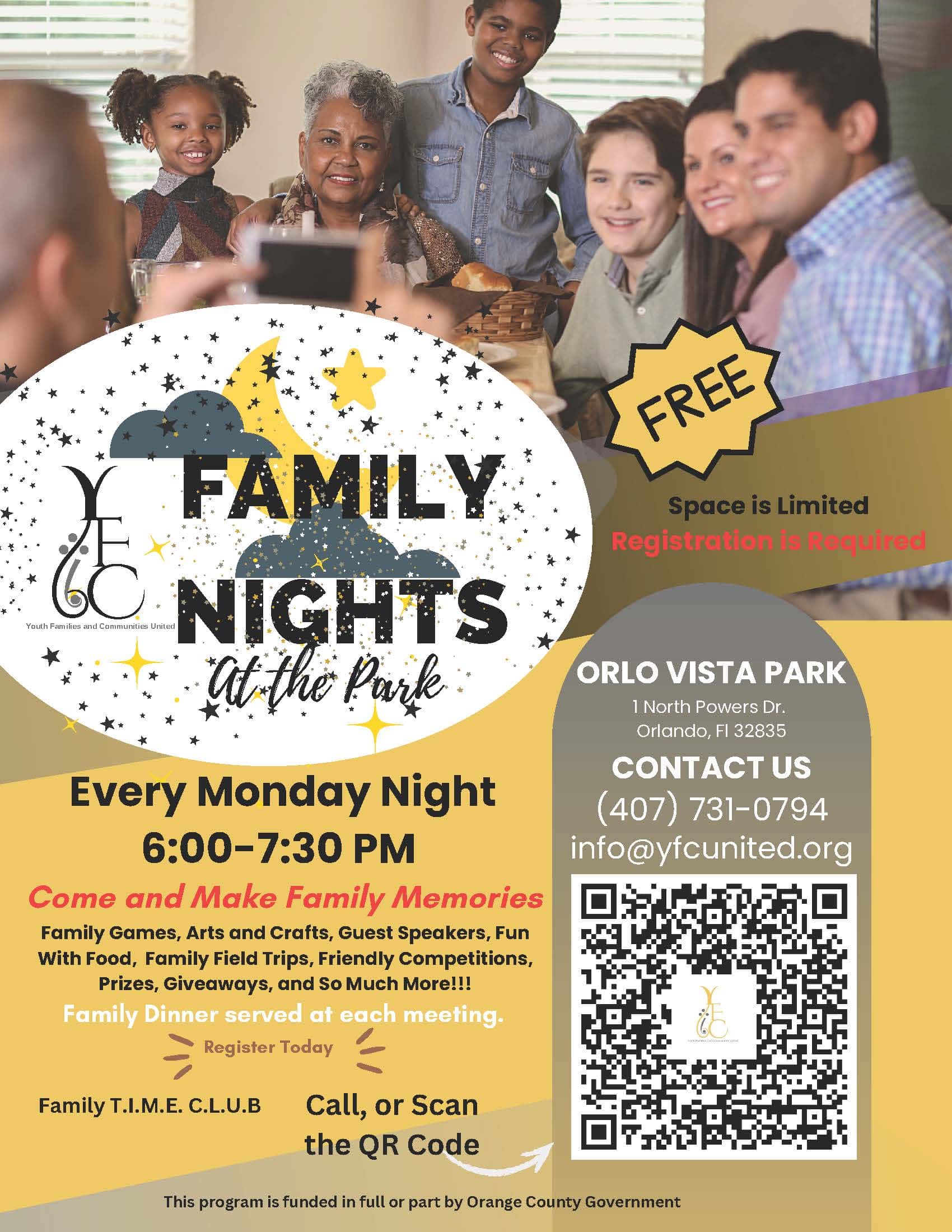How To Get Enough Sleep At Night
How To Get Enough Sleep at Night
By: Marcy Stern, EdD, LMHC
Making a pre-sleep plan is a great way to develop healthy sleep habits and improve the quality and duration of our sleep.
It starts with a list of all of the things you typically do before you get into bed. Some examples include cleaning up the kitchen; replying to email; walking the dog; throwing in a load of laundry; taking medications; taking a shower/bath; sexual activity. Once the list is made, add up the amount of time you need to get all of these things done (e.g. 20 minutes, 45 minutes, an hour). Now look at the amount of sleep you need, according to your self-study. Use that time to determine when to set your alarm, and when you should start getting ready for bed.
Let’s take the example of Natasha. Natasha’s nighttime routine usually includes unwinding with an hour or two of streaming TV on her laptop, taking the dog outside for a last walk, putting on a face cream, and reading for a couple minutes before turning out the light. She usually starts her day around 5:30 am as CFO of Megabucks Corp., so her alarm is set for 5 am. Her sleep study shows she needs about seven hours of sleep every night, so a 10 pm bedtime is the goal. That means the laptop goes off at 9 pm to give her body at least an hour free of “blue light” from electronics. Following a pre-bed routine is also signaling to the body that it’s time to start preparing for sleep. And because Natasha has prepared her sleep environment for optimal snoozing, she has no trouble falling asleep after a couple minutes.
Waking up well-rested takes planning and intentionality. But the rewards are not just short-term alertness the following day. Science shows a good night’s rest improves memory, reduces the inflammation that causes heart disease and stroke, helps weight loss, and lowers stress.
Wondering how many hours of sleep you need? Check out the next blog in this series: “Finding Your Perfect Night’s Rest” and try your own at-home sleep study.

About the Author
Marcy Stern brings more than 20 years of experience as a licensed mental health counselor to her position at Orlando Health’s UF Health Center’s Department of Integrative Medicine. As a psychotherapist, her role is to assess and manage patients struggling with the emotional and psychological effects of diseases and their treatments. Some of the groups she oversees include Cancer Support, Sleep 101, Memory, Mindfulness-Based Stress Reduction, and Survivorship.
Share This Post
Share this Post
Never Miss an Update
you might also like
There is nothing worse than a toothache, am I right?? Oral health is very important for overall health and wellbeing, at every age!














